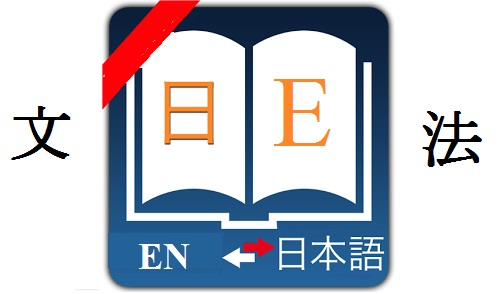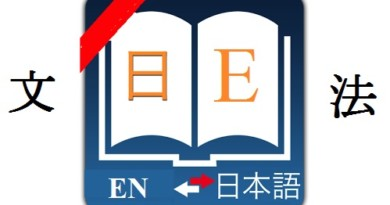Japanese てみてはじめて grammar temitehajimete
Let’s learn Japanese てみてはじめて grammar temitehajimete :
Formation :
Vてみてはじめて
Meaning and how to use :
Describe the meaning “only after something…”.
Example:
息子は外国に留学してみてはじめて寂しさが感じます。
Musuko ha gaikoku ni ryuugakus hitemite hajimete sabishisa ga kanji masu.
I feel lonely only after my son studied abroad.
なくなった物があってみてはじめてそのものの大切さが分かります。
Nakunatta mono ga attemite hajimete sono mono no taisetsu sa ga wakarimasu.
I understand how important that thing is only after I lost it.
父が亡くなってみて初めて母の孤独が感じます。
Chichi ga nakunattemite hajimete haha no kodoku ga kanji masu.
I feel the loneliness of my mother only after my father died.
彼氏と別れてみて初めて毎日泣いています。
Kareshi to waretemite hajimete mainichi naiteimasu.
Only after breaking up with my boyfriend that I cry everyday.
夫が東京に出張してみてはじめて夫がどんなに愛するか分かる。
Otto ga toukyou ni shucchou shitemite hajimete otto ga donna ni aisuru ka wakaru.
I know how much my husband loves me only after he went on a business trip to Tokyo.
Note:「みて」does not mean “to try to do something”. In this case, it means “a certain state occured”.
Above is Japanese てみてはじめて grammar temitehajimete. If you don’t understand the signs we used in formation, you can find their meaning here : signs used in Japanese grammar structures.
You can search the structure you want by using the search tool on our website (using key : grammar + ‘structure name’ or you can find more Japanese grammar structures in the following category : Japanese grammar dictionary
